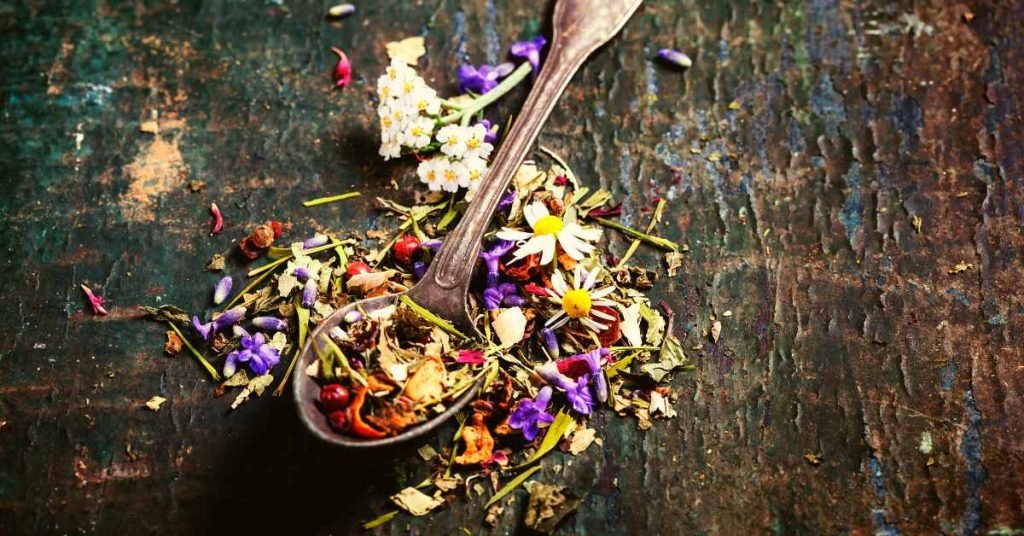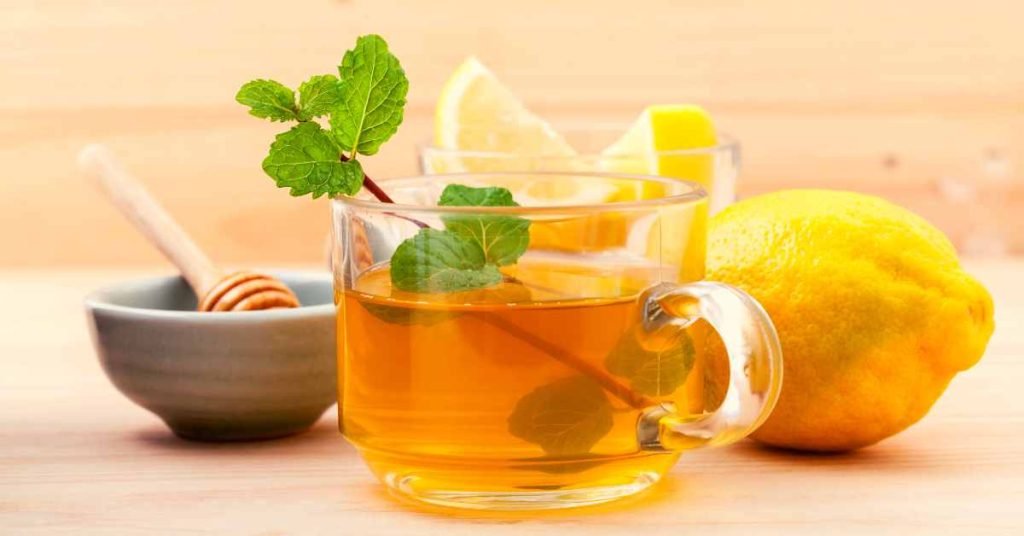Laryngitis, characterized by inflammation of the larynx, can be a troublesome condition leading to hoarseness, sore throat, and difficulty in speaking.
While various treatments exist, the use of tea, with its soothing properties, has been a popular and effective remedy for centuries.
In this article, we delve into the benefits of tea for laryngitis, exploring different types of tea, their properties, and how they contribute to the relief of laryngeal discomfort.
Understanding Laryngitis

Before we explore the therapeutic benefits of tea, it’s essential to understand the nature of laryngitis.
The larynx, or voice box, plays a crucial role in producing sound when we speak. Inflammation of this organ can result from infections, irritants, or overuse of the vocal cords.
Laryngitis can be acute or chronic, and its symptoms often include hoarseness, sore throat, a dry cough, and difficulty in swallowing.
The Healing Power of Tea
Tea, a beverage derived from the leaves of the Camellia sinensis plant, has been celebrated for its numerous health benefits.
The unique combination of compounds in tea, including polyphenols, catechins, and antioxidants, contributes to its healing properties.
When it comes to laryngitis, several types of tea stand out for their potential to alleviate symptoms and promote healing.
Herbal Teas

Herbal teas, made from the infusion of herbs, flowers, or other plant materials, are renowned for their therapeutic effects.
Chamomile tea, in particular, is recognized for its anti-inflammatory and calming properties.
The soothing warmth of chamomile can help alleviate throat irritation, making it an excellent choice for those suffering from laryngitis.
Green Tea
Green tea, celebrated for its high levels of antioxidants, may aid in reducing inflammation. The presence of polyphenols, such as epigallocatechin gallate (EGCG), has been linked to anti-inflammatory effects.
Drinking warm green tea can be a comforting ritual, and its potential to reduce inflammation may contribute to the relief of laryngitis symptoms.
Honey and Lemon Tea

A classic remedy for sore throats, honey, and lemon tea combines the soothing qualities of honey with the vitamin C-rich citrusy kick of lemon.
Honey has long been praised for its antimicrobial properties, while lemon provides a burst of acidity that may cut through mucus and offer relief from throat irritation.
Licorice Root Tea
Licorice root tea is another herbal option with potential benefits for laryngitis.
It contains compounds that may help reduce inflammation and soothe the throat. However, it’s essential to use licorice root tea cautiously, as excessive consumption can lead to side effects.
How to Prepare and Use Tea for Laryngitis
Choose High-Quality Tea:
Opt for organic and high-quality teas, such as Hummingbird Tearoom’s wellness collection, to ensure you’re getting the maximum benefits without unnecessary additives.
Proper Brewing:

Follow the recommended brewing instructions for each type of tea. Over-brewing can result in a bitter taste, while under-brewing may not extract the full range of beneficial compounds.
Additions for Flavor and Healing:
Enhance the healing properties of your tea by adding ingredients like honey, lemon, or ginger. These additions not only improve the taste but also contribute to the soothing effect on the throat.
Hydration is Key:
Staying hydrated is crucial for managing laryngitis. Alongside tea, ensure you’re drinking plenty of water to keep your body and throat well-hydrated.
Rest Your Voice:
While tea can offer relief, it’s equally important to rest your voice. Avoid excessive talking, singing, or whispering, as these activities can strain the already inflamed vocal cords.
Final Word

Tea, with its diverse varieties and therapeutic compounds, emerges as a valuable ally in the management of laryngitis.
From herbal infusions to antioxidant-rich green tea, the soothing and anti-inflammatory properties of these beverages can provide relief from the discomfort associated with laryngeal inflammation.
However, it’s crucial to remember that while tea can be a supportive remedy, consulting with a healthcare professional for severe or persistent laryngitis is essential.
In incorporating tea into your self-care routine, you may find not only relief for your voice but also a comforting ritual that aids in the overall well-being of your mind and body.
MEDICAL DISCLAIMER
Itsnevernotteatime.com cannot and does not contain medical/health advice. The medical/health information is provided for general and educational purposes only and is not a substitute for professional advice.




